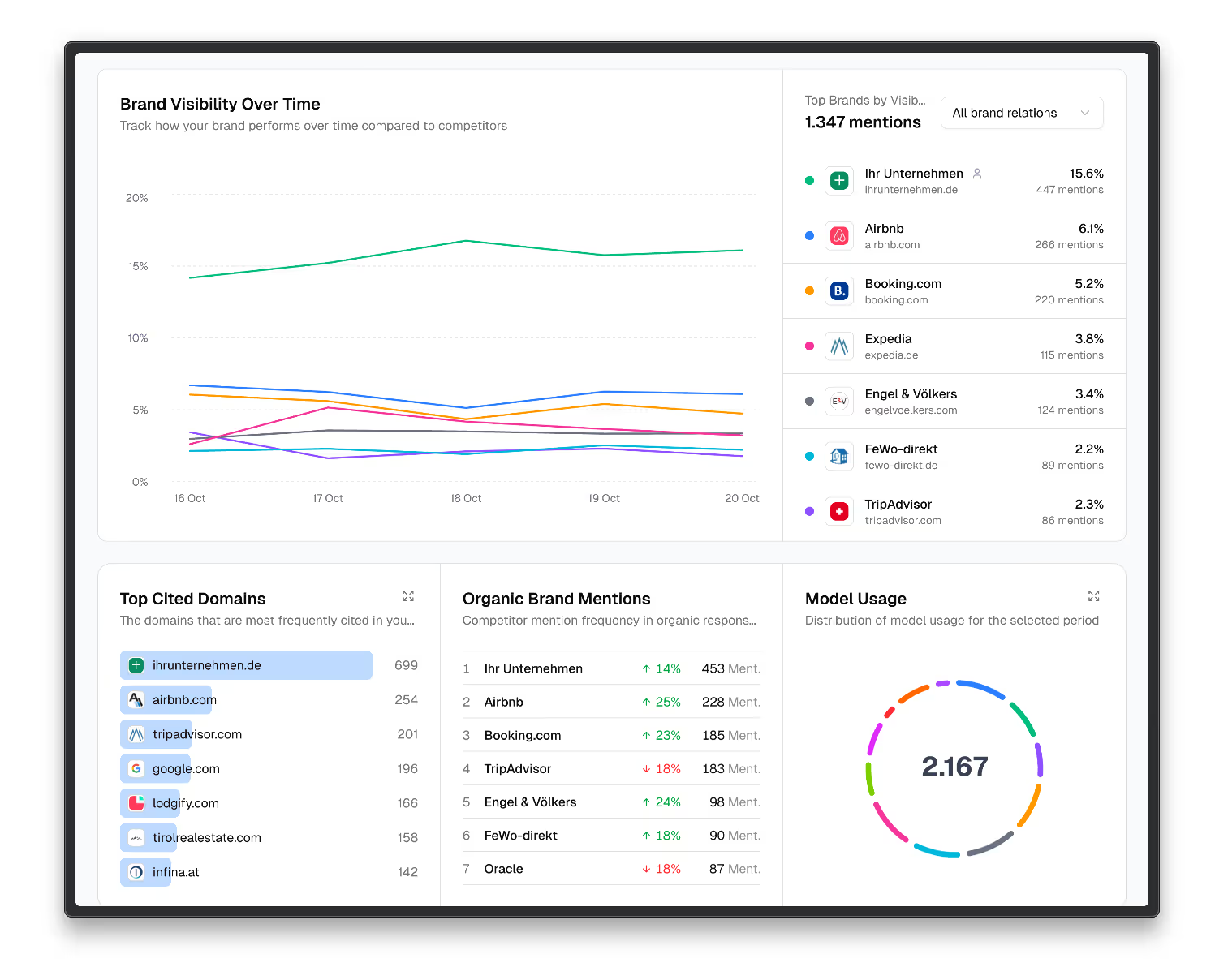Was sind SEO-Meta-Tags?
SEO-Meta-Tags: Webseiten optimal für Suchmaschinen auszeichnen
SEO-Meta-Tags sind spezielle HTML-Elemente, die im Header-Bereich einer Webseite eingefügt werden. Sie helfen Suchmaschinen wie Google, den Inhalt und Kontext einer Seite besser zu verstehen. Korrekt verwendete Meta-Tags verbessern die Sichtbarkeit in Suchergebnissen und können zu höheren Klickraten führen.
Die wichtigsten SEO-Meta-Tags im Überblick:
1. Title Tag
Der Titel-Tag definiert den Titel deiner Webseite, der als Überschrift in Suchergebnissen angezeigt wird. Ein guter Titel-Tag ist präzise, ansprechend und enthält relevante Keywords.
<title>Dein SEO-optimierter Titel hier</title>
2. Meta Description Tag
Die Meta-Description beschreibt kurz und aussagekräftig den Inhalt der Seite und erscheint direkt unter dem Titel in Suchergebnissen. Eine überzeugende Beschreibung erhöht die Klickrate.
<meta name="description" content="Kurze, prägnante Beschreibung deiner Seite hier">
3. Meta Robots Tag
Mit dem Meta-Robots-Tag steuerst du, wie Suchmaschinen die Seite indexieren sollen. Du kannst hier festlegen, ob eine Seite überhaupt in Suchergebnissen erscheinen soll oder ob Suchmaschinen Links auf der Seite folgen dürfen.
<meta name="robots" content="index, follow">
4. Canonical Tag
Der Canonical-Tag gibt Suchmaschinen an, welche Version einer Seite die bevorzugte („kanonische“) Version ist. Dies vermeidet Probleme mit Duplicate Content und stärkt das SEO-Ranking.
<link rel="canonical" href="https://www.example.com/hauptseite">
5. Hreflang Tag
Der Hreflang-Tag ist bei mehrsprachigen Websites wichtig. Er informiert Suchmaschinen über die Sprachen und regionale Varianten der Webseite, sodass Nutzer die passende Version in den Suchergebnissen sehen.
<link rel="alternate" href="https://example.com/de" hreflang="de">
<link rel="alternate" href="https://example.com/en" hreflang="en">Best Practices bei SEO-Meta-Tags:
- Titel und Beschreibung individuell gestalten: Jede Seite sollte einzigartige Meta-Daten erhalten, abgestimmt auf den konkreten Inhalt.
- Optimale Länge beachten:
- Title: ca. 50–60 Zeichen
- Meta Description: ca. 140–160 Zeichen
- Relevante Keywords integrieren: Achte darauf, dass deine wichtigsten Schlüsselwörter natürlich integriert sind.
- Attraktiv und klickstark formulieren: Die Beschreibung sollte Nutzer ansprechen und zum Klick animieren.
Warum SEO-Meta-Tags wichtig für deinen Online-Erfolg sind:
Richtig eingesetzte Meta-Tags verbessern nicht nur dein Ranking, sondern erhöhen auch die Wahrscheinlichkeit, dass Nutzer deine Webseite in den Suchergebnissen auswählen. Meta-Tags sind ein zentraler Bestandteil deiner On-Page-SEO-Strategie und tragen dazu bei, Traffic und Sichtbarkeit nachhaltig zu steigern.
